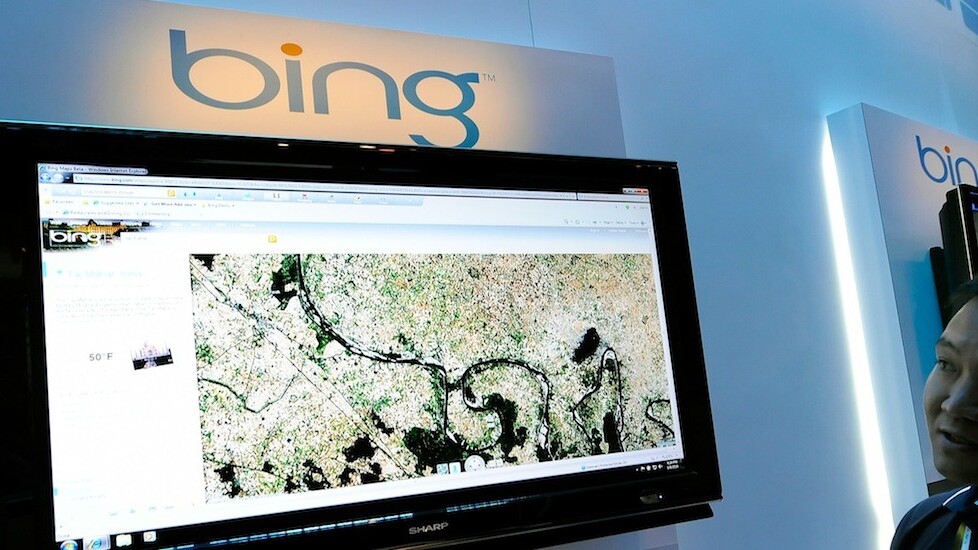
Chinese Web monitoring service GreatFire is once again raising objections to the way Microsoft’s Bing operates in China — this time round claiming that it censors heavily within the country, even more so than domestic search engine Baidu.
Last month, Bing came under fire for censoring China-related information not only within the country’s boundaries but worldwide. Subsequently, Microsoft said changes to China-related Bing searches done globally were an error, not censorship. Bing responded to the allegations by saying that the only time it adjusts search results is to “comply with local law or for quality or safety reasons such as child abuse or malware.” It insisted that Bing search results outside of China would not be modified in any way to accommodate Chinese law.
GreatFire’s latest allegations, however, zoom in on Bing’s domestic censorship. The organization cites an independent comprehensive audit that examined Bing’s search engine results page for over 30,000 sensitive and non-sensitive query terms, and launched these queries from both inside and outside of China. It says that “comparing and examining these results, plus querying with special search operators, reveals unprecedented detail on Bing’s China filtering practices.”
In particular, it says the Chinese version of Bing has a list of 139 forbidden terms which it doesn’t display any results for, a blacklist of 329 websites that it never shows to China users, as well as a “huge” blacklist of URLs exceeding more than 1,500.
UPDATE: A Microsoft spokesperson has responded to the allegations in a statement provided to TNW:
Generally, it is Bing’s policy is to remove results as narrowly as possible to comply with Chinese law. Bing regularly reviews removed results and our related processes to ensure that prior removals due to legal compliance are still valid. We will actively resolve any issues we identify that do not comply with our policies, including issues that match the scenarios you described. We appreciate work done by Greatfire, Xia, and others. Such feedback enables us to review and validate our own processes. We commit to addressing these issues comprehensively and expeditiously.
GreatFire notes that Bing blocked all results from five foreign language editions of Wikipedia: Japanese, French, German, Dutch and Swedish. However, the organization says these bans have been lifted after it approached Microsoft about the issue.
In particular, GreatFire compares Bing’s censorship to domestic Internet giant Baidu, with the example of the site heweifang2009.blog.163.com owned by Professor He Weifang, a prominent pro-democracy legal scholar at Peking University. GreatFire notes: “His blog is not censored by the domestic blogging site blog.163.com, which is operated by NetEase, a major Chinese internet company. This website is not censored by Baidu either, but is being censored entirely by Bing in China.”
GreatFire is demanding that Microsoft explain why Bing censors so much content, “including domestic content that is not even censored by China-based web properties like Baidu.” It is urging Microsoft to follow the action taken with regards to the five Wikipedia sites by removing other “inappropriate” filtering rules on Bing for Chinese users, and to disclose the internal processes and approval mechanisms in place every time Microsoft gets a request to censor domestic content.
We have reached out to Microsoft and will update with any response provided.
Headline image via Ethan Miller/Getty Images
Get the TNW newsletter
Get the most important tech news in your inbox each week.





